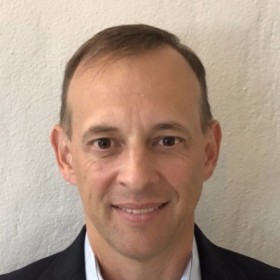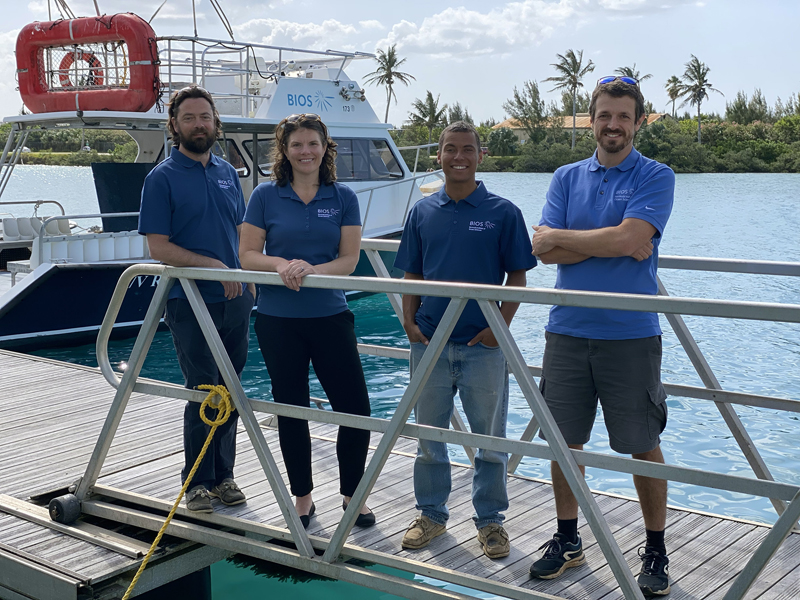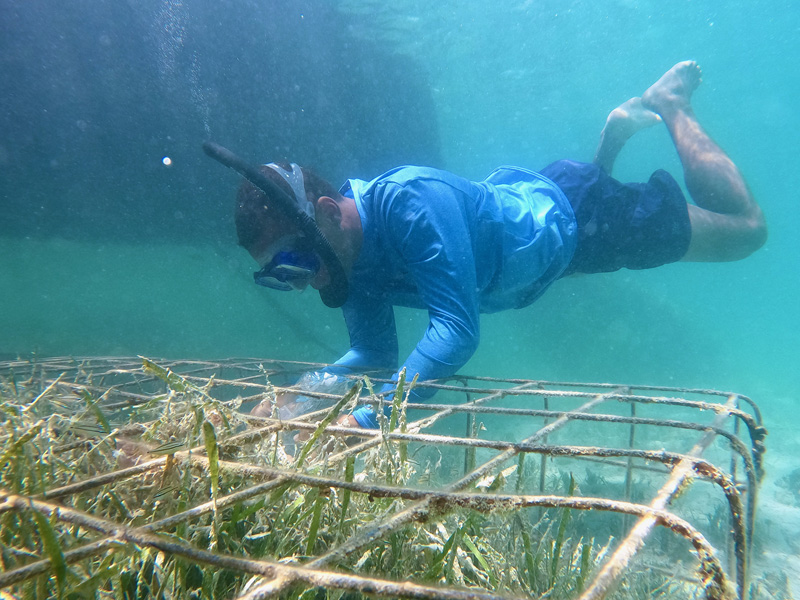R&Q Supports BDA Institute Of Ocean Sciences
 Randall & Quilter [R&Q] will be supporting the Bermuda Institute of Ocean Sciences [BIOS], noting that they “are really excited about this partnership with BIOS which we hope will allow us to play a small part in making a difference to support environmental consciousness.”
Randall & Quilter [R&Q] will be supporting the Bermuda Institute of Ocean Sciences [BIOS], noting that they “are really excited about this partnership with BIOS which we hope will allow us to play a small part in making a difference to support environmental consciousness.”
A spokesperson said, “Randall & Quilter [R&Q], the specialist non-life insurance group, has joined forces with the Bermuda Institute of Ocean Sciences [BIOS] as the latter continues to research environmental projects aimed at combatting climate change and safeguarding Bermuda’s future as an island.
“R&Q’s support will be directed towards research undertaken by BIOS’s Ocean Academy which since 2010 has provided skills, resources, training and mentorship to over 20,000 students and educators. The support will specifically be focused towards Bermuda’s seagrass meadows, an area of both local importance and global relevance.”
Commenting on this announcement, Steve Talley, Lead Actuary of R&Q Bermuda, said: “As we are headquartered in Bermuda, an island on the front line in terms of facing the consequences of climate change, it seemed appropriate that – in the first instance – we focused our efforts on an organisation, based in Bermuda, whose research is addressing important local and global environmental issues; providing important education and training to a new, diverse generation of students; and informing a better understanding of climate risk.
The Seagrass eDNA Biodiversity Assessment team, from left; Tim Noyes, Kaitlin Noyes, Andreas Ratteray, Leo Blanco-Bercial
“We are really excited about this partnership with BIOS which we hope will allow us to play a small part in making a difference to support environmental consciousness and help Bermuda safeguard its future.”
William Curry, President and CEO of BIOS, added: “We are delighted to have R&Q supporting the seagrass research project being undertaken by our Ocean Academy.
“These seagrass meadows provide habitats for juvenile fish, absorb carbon, filter out environmental toxins, retain sediments and protect Bermuda’s coastlines, but since 2007, seagrasses have been reduced from ~5000 acres to no longer ecologically functional habitats. Understanding and protecting these seagrass meadows is critical to Bermuda’s efforts to manage environmental impacts along its coastline.”
Research intern, Andreas Ratteray, takes samples at seagrass cage locations as part of the study to demonstrate the effectivity of molecular tools in identifying the diversity of the fish community within seagrass restoration cages surrounding Burt Island, in Bermuda’s Great Sound
Read More About
Category: All, Business, Environment




